If you come to Japan, you might find there are a lot of weird and funny customs which is completely normal in Japan.
Japan used to be isolated from other countries for a long period because it is an island country and we Japanese people have distinctive ways of thinking since then.
If you find how strange they are, you possibly could like to know more about Japan and want to empathize with other people about what you have experienced.
In this article, I’d like to introduce Japanese cultural facts which usually surprise non-Japanese people and hope you will well enjoy and understand our culture.

Let me introduce myself. I am Hiro from Tokyo and I was born and raised here. I have experience living in New Zealand for 1 year, and in China (Hong Kong & Shanghai) for 2 years and well understand Japanese culture objectively.
- Difficult to find garbage bins outside
- Separation of garbage at home is complicated
- Take off shoes at home
- Sleeping inside train & bus
- Holding bowls when eating
- Hierarchy in Japan
- Japanese often don’t unlock the entrance door or keep open
- Women give chocolate to men on Valentine’s day
- Slurping when eating noodles
- Wet towels and water are free of cost
- A charged appetiser is provided without ordering
- Elementary school kids go to school on foot by themselves
- Japanese punctuality
- Counter staff are extremely polite
- Japanese people believe blood type decides characteristic
- Conclusion
Difficult to find garbage bins outside
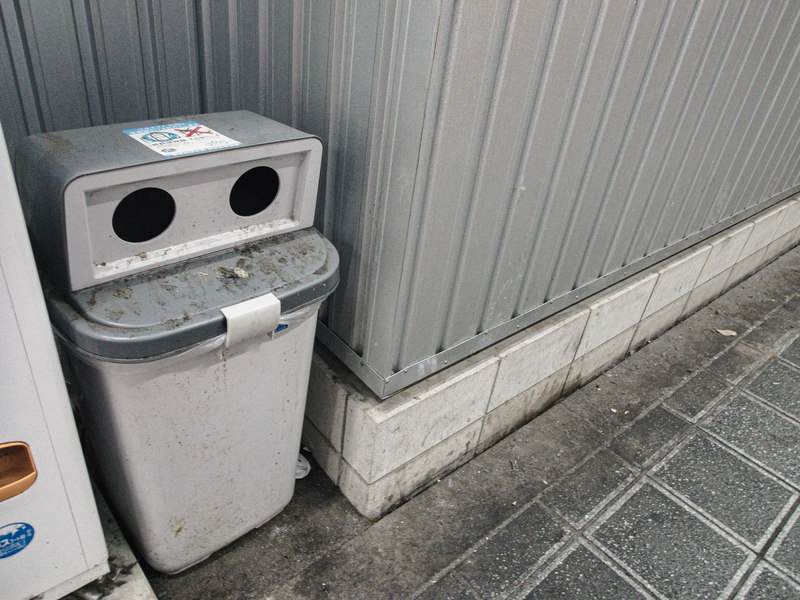
Although you may find streets, public places, busy districts and even public toilets are all extremely clean in Japan, it is really difficult to find garbage bins outside.
When I eat or drink something and discard an empty box or bottle, the only choice is that go to a convenience store such as Seven-Eleven or Family mart or a train station, but even those places sometimes don’t provide garbage bins and the only choice is to bring the garbage home and through away there.
Even Japanese people think it is not convenient to find garbage bins outside, and I can easily guess that non-Japanese people could feel more frustrated.
Separation of garbage at home is complicated

If you have a chance to live in Japan, you may find it complicated to throw away a garbage.
It must be distinguished by the type of garbage such as burnable, plastic, paper, can, plastic bottle, hazardous resources, etc and each category of garbage has to be put in front of the house door early in the morning on a designated day in a week.
For example, in the city where I live, I need to throw away burnable garbage on Tuesday and Friday, plastics on Wednesday, Paper (newspaper & cardboard) on Thursday, can, plastic bottle and glass biweekly on Monday, etc.
Furthermore, big trash such as furniture, and home appliances must be informed to the municipal office in advance and pay for the discarding charge and designate a collection date for pick up.
The procedure is always frustrating when we must do it.
Take off shoes at home
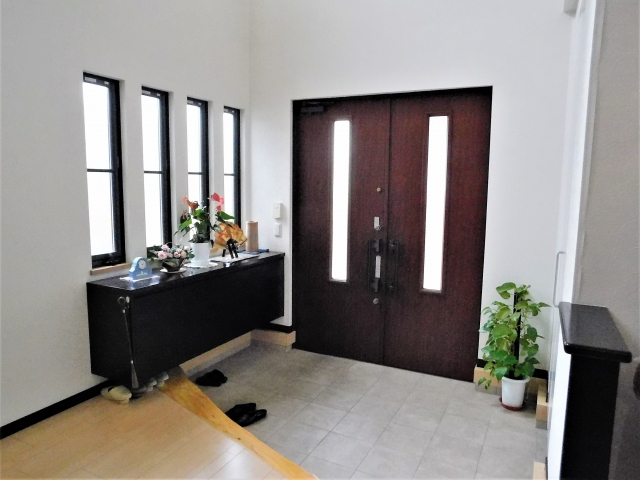
Japanese people have a culture of taking off shoes at home and every house in Japan has a space for taking off shoes and shoe racks at the entrance.
We spend most of our time barefoot, wearing sox or slippers at home and it is completely rude to enter a Japanese house without taking off shoes.
Sleeping inside train & bus

If you use public transportation such as trains, subways or buses, you may find many Japanese people sleeping inside the vehicles.
I am also one of them who sleeps inside a train while commuting between home and company and I am kind of an expert in waking up 1-2 min before arriving at my destination, and some of them who cannot wake up set an alarm for their smartphone to wake up before their destination.
We consider safe sleep inside public transportation and we usually are facing a shortage of sleep due to long hours working in Japan, and it is a good opportunity to sleep inside vehicles.
Holding bowls when eating

We Japanese people always hold bowls of rice, soup, etc. when using chopsticks to eat.
In western society, I know people never hold plates or bowls while eating, so non-Japanese especially western people could feel surprised to see it.
Hierarchy in Japan
Japanese society is based on a strict hierarchy and we usually show respect to seniors, supervisors, elders and experienced people.
We must use Keigo (an honorific language) for even one year older person and friendship is basically impossible between the different generations of people because Keigo disturbs casualty and makes a hierarchical relationship.
The hierarchical relationship is reflected in a lot of parts of Japanese society.
If you are interested in knowing more about hierarchy in Japan, please refer to below article.
Japanese often don’t unlock the entrance door or keep open
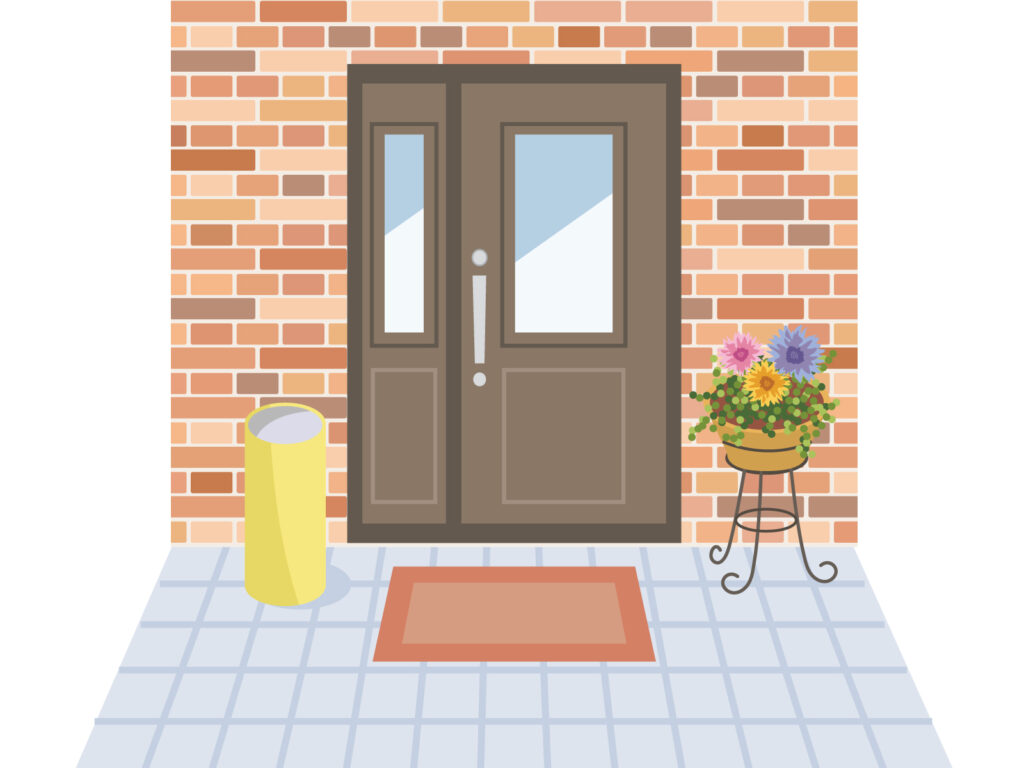
We Japanese often don’t lock the entrance door of our houses and keep it open in a daytime.
It depends on the city and if you go to the countryside of Japan you often see people unlock their house’s entrance door.
We, Japanese people, think the city we are living in is extremely safe, and some of them consider opening the door to pass through the fresh and cool air inside a house, especially in summer.
Women give chocolate to men on Valentine’s day

Valentine’s day is the day ladies give chocolate to men which the ladies love.
It is kind of good timing for ladies to confess their love to a man.
One typical case is that a lot of chocolates are inside an attractive man’s shoe rack in school on valentines day so a lot of men expect at least one chocolate to be inside the shoe rack on valentines day (some girls sneakily give chocolate to a man putting it inside his shoe rack) and it usually ends up nothing except your shoes is inside the shoe rack.
If you are interested in knowing more about Japanese dating culture, please refer to the below article.
Slurping when eating noodles

When men and women of all ages eat noodles (soba noodles, udon noodles and ramen), they make a slurping sound.
It is completely strange (even Japanese person’s view) because we all Japanese are educated not to open our mouths when chewing, because chewing sounds are impolite in Japan but the slurping sound is not an issue at all.
Wet towels and water are free of cost
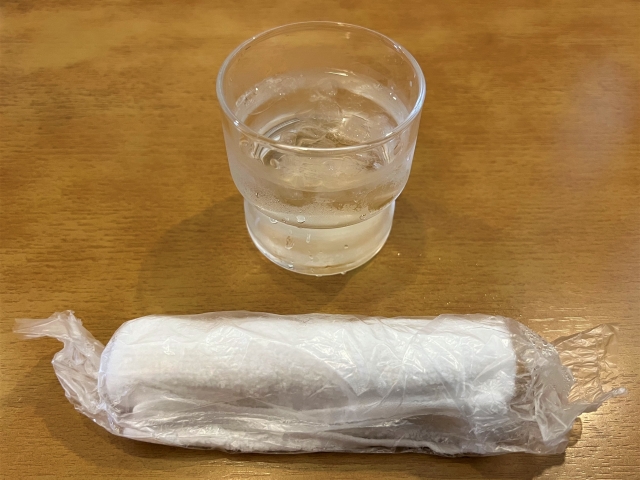
All the restaurants in Japan offer you wet towels and glasses of water with ice cubes for free of cost.
Ice cubes are usually inside water even in cold Winter and we consider it polite to put inside.
Refilling is free as well.
A charged appetiser is provided without ordering

If you go to Izakaya (a Japanese-style dining bar), you often receive a charged appetiser (Otooshi) without ordering it.
We, Japanese people, consider it to be part of the entry fee to Izakaya, but you can also refuse it when receiving it if you don’t like it.
Elementary school kids go to school on foot by themselves

Japanese elementary school kids go to school on foot without their parents and non-Japanese people could feel strange.
I did it when I was in elementary school as well and we often went to school together with other students.
Most Japanese people believe the city they are living in is quite safe.
Japanese punctuality

We, Japanese people, are always punctual when meeting with our friends, boyfriend/girlfriend, and business partners and when we are late even 2 or 3 minutes, there is the possibility we lose credibility from them.
Let me pick the example of trains in Japan. Japanese trains time tables are set by a minute such as 7:43, 7:47, and 7:51 in the morning and always each train comes at those exact times.
If more than 2-3 minutes are late, the train company makes an announcement of apology for the delay to passengers.
If you like to know more about Japanese people’s punctuality, please refer to the below article.
Counter staff are extremely polite

If you go to the supermarket or convenience store, you may find that Japanese people are extremely polite.
When you make a payment, they bow and say “Irasshaimase (Welcome)” and when you leave they bow and say”Arigatou gozaimashita (Thank you very much)”.
If you enquire anything to them, they will often wholeheartedly try their best to fulfil their customer’s requirement.
Japanese people believe blood type decides characteristic

Almost all Japanese people believe that blood type decides their characteristic tendency such as the following.
Type A: Pay close attention to surroundings and dislike creating conflicts with others.
Type B: Has own pace. Be reluctant to be restrained by others.
Type AB: Dry. Has rational thinking
Type O: Has a strong desire for self-assertion and self-expression. loves individuality.
Usually, a blood type B person is disliked because Japanese society usually requires understanding situations instead of expressing themselves, and a blood type B person keeps his/her own pace expressing their ideas regardless of the situations.
Conclusion
In this article, I introduced Japanese cultural facts and hope you will understand Japanese people’s tendencies.
Thank you for reading this article till the end.
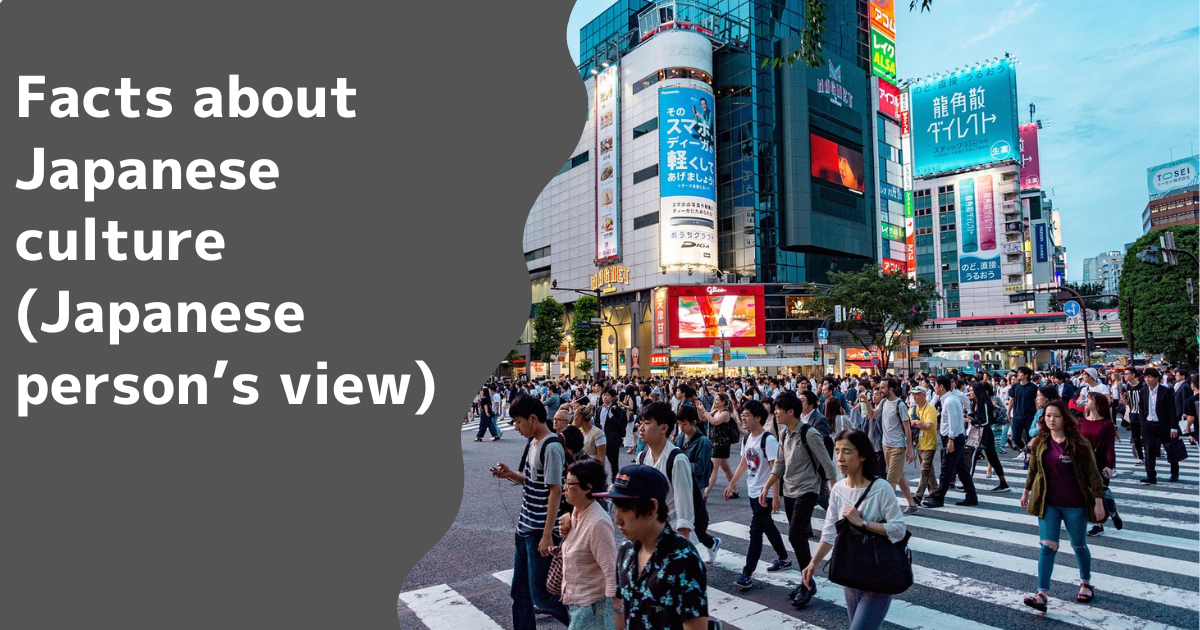





コメント Comment